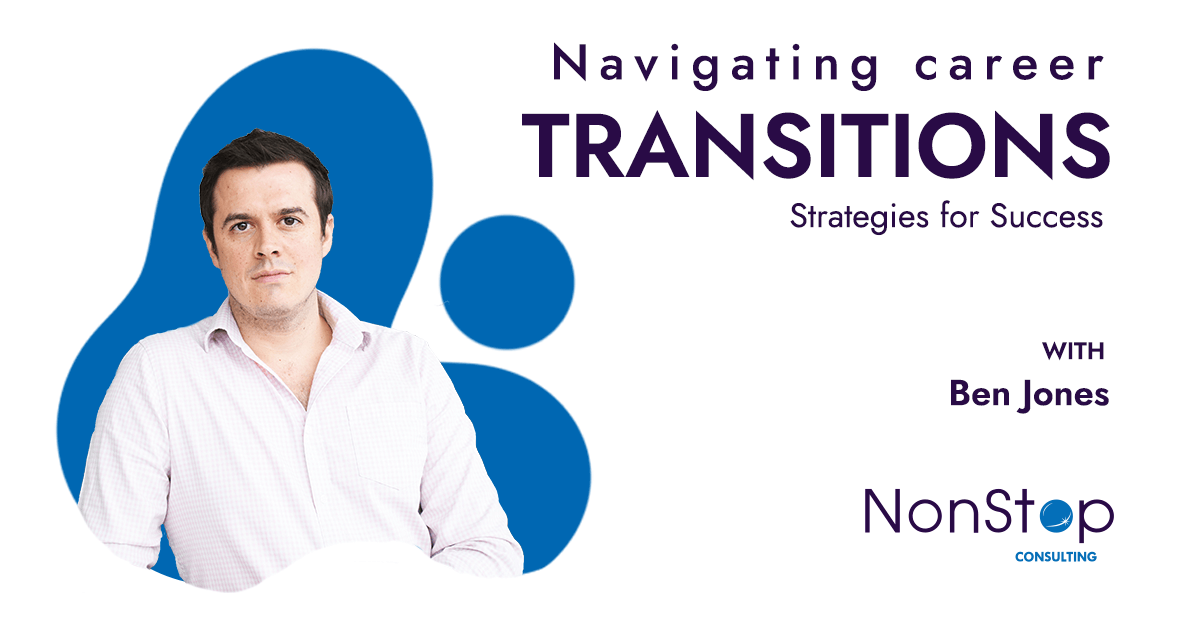Entering the workforce can be daunting, especially when faced with the uncertainty of career transitions. As someone who has experienced multiple career shifts, I understand the mix of emotions that come with starting afresh and embarking on a new professional journey. However, I have also learned valuable strategies along the way that have helped me navigate these transitions and achieve success. In this blog post, I will share my personal insights and useful tips to help you conquer career transitions with confidence and achieve your goals.
1. Self-reflection: The first step in any career transition is taking the time to understand yourself, your skills, and your passions. Reflect on your strengths, interests, and values to identify areas where you can excel and find fulfillment. This self-reflection process will not only help you make informed decisions but also boost your confidence in pursuing a new career path.
2. Research and exploration: Once you have a clear understanding of your desired direction, it’s important to research the industry, job market, and potential opportunities. Dive deep into the field you are interested in, read industry publications, attend webinars or conferences, and connect with professionals through networking platforms. This research will help you gain in-depth knowledge about the field and enable you to make informed decisions about the skills and qualifications you may need to acquire.
3. Skill development: Career transitions often require acquiring new skills or updating existing ones. Identify the gaps in your skillset and develop a plan to bridge them. Leverage online courses, workshops, certifications, or even consider enrolling in a degree program if necessary. Upskilling not only enhances your marketability but also gives you the confidence to tackle new challenges head-on.
4. Network, network, network: In today’s professional world, networking plays a crucial role in finding new opportunities. Reach out to professionals in your desired field through LinkedIn, industry events, or alumni networks. Attend informational interviews to gain insights into the role or industry you are interested in. Building a strong network can give you access to hidden job opportunities, mentorship, and valuable advice from experienced professionals.
5. Leverage transferrable skills: Even if you’re transitioning into a completely new industry, it’s essential to recognize and highlight the transferrable skills you possess. Analyze your previous roles, identify skills that can be applied in your new career, and emphasize them in your resume, cover letter, and interviews. Effective communication, project management, problem-solving, and leadership skills are valuable in any field and can help bridge the gap between your previous experience and your new career path.
6. Embrace a growth mindset: Transitioning careers often involves stepping outside of your comfort zone, facing new challenges, and learning from failures. Embracing a growth mindset, where you view obstacles as opportunities for growth, can be incredibly empowering. Remember, it’s okay to make mistakes and encounter setbacks along the way. It’s through these experiences that you will learn and grow, ultimately leading to success in your new career.
7. Seek guidance and support: Transitioning careers can be overwhelming, and seeking guidance from mentors or career coaches can be immensely helpful. They can offer insights, advice, and practical tips based on their own experiences, helping you navigate the transition process more effectively. Career support groups and online communities can also provide a sense of belonging and a platform to learn from others who are going through or have gone through similar changes.
8. Maintain a positive mindset: It’s crucial to stay positive and maintain confidence in yourself during a career transition. Surround yourself with supportive individuals, engage in activities that bring you joy, and celebrate small wins along the way. Remember that change takes time and that each step you take is a step closer to achieving your goals.
In conclusion, navigating career transitions requires a combination of self-reflection, research, skill development, networking, a growth mindset, and seeking guidance. Embracing these strategies will help you embrace new opportunities, overcome challenges, and achieve success in your chosen career path. Remember, a career transition is not just about changing jobs; it’s about embracing personal growth, pursuing your passions, and finding fulfillment in your professional life.
